Sponsored by UGREEN
Choosing the right NAS for your business
Across data security and scalability, NAS devices can help businesses take their networks to the next level

As enterprises look to equip employees with data across a network, specialized server and storage hardware is always necessary.
Network-attached storage (NAS) devices – specialized servers designed to provide quick and secure access to data across a defined network – are a popular component for this. With NAS devices set up on an enterprise network, IT decision makers can make use of shared storage via Ethernet, lowering the barrier to entry for centralized data handling.
IT decision makers can use NAS devices to support their private cloud network, centralizing their file management so data can be easily stored and shared. It’s an excellent solution for large volumes of data, particularly the kinds of unstructured data that can quickly build up within a business, such as multimedia files or text documents.
One of the chief benefits of NAS devices for any organization is that they can be used off-the-shelf to quickly expand storage capacity when needed and set up without an advanced understanding of network architecture.
Even in small and medium-sized businesses (SMBs), NAS devices can improve employee productivity, as they will benefit from better data management and potentially improved security compared to cloud storage or regular data storage devices.
Making file storage scalable also sets the groundwork for rapid expansion, perfect for any startup with plans to bring on more customers in the near future.
It’s for all these reasons the NAS market is projected to grow in coming years. Fortune Business Insights projects a global market value of $129.52 billion (£97.35 billion) by 2032, up from $40.33 billion (£30.31 billion) in 2024.
Quick and easy access to business data
One of the standout benefits of NAS for IT decision makers is how simply it can be set up, particularly in comparison to alternative data management options like storage area networks (SANs).
Workers of any skill level with access to an enterprise’s private network can access NAS device storage across different work devices and, depending on the manufacturer, can benefit from easy-to-use user interfaces (UI).
Of course, all this doesn’t mean that just any NAS will cut it. Different NAS devices come with specific benefits over one another and leaders should carefully consider their options, before choosing the device that meets their needs to the fullest extent.
The chief function of any NAS system within a business is to connect as many workstations and employee devices to as much data as leaders desire.
To do this, NAS devices need powerful hardware that allows lots of this data to be shared quickly. How quickly it can do this is known as ‘data throughput’, while the overall limit of data that can be shared across a network to either one device or multiple is known as bandwidth.
The £599.99 UGREEN NAS DXP4800 Plus can transfer data at a rate of 1,250MB/sec – fast enough for 1GB to be transferred every second. That’s 10x the speed of a normal Ethernet connection, meaning less time spent waiting for files to upload and more time to do your actual job.
Depending on their intended use, some NAS devices can be run at higher latency or lower data transfer rates such as for infrequently-accessed data, but for the most part businesses are looking for NAS devices that can deliver quick, reliable access to their data.
The UGREEN NAS range of devices are equipped with 8GB DDR5 memory, which helps them process multiple data read/writing tasks simultaneously. They also contain 12th generation Intel central processing units (CPUs), assisting with data transcoding and other demanding data write tasks.
UGREEN’s NAS offering also comes with locally-processed AI features, which let users quickly sort through photos using plaintext descriptions and keywords. These could help workers to quickly sort photos of machinery from those containing people, or could also be useful for marketing teams looking to collate on-site photos for promotional material.
Ample storage capacity for all your data
One of the main benefits of NAS for any business – and something any IT decision maker looking to implement it should take seriously – is the sheer level of data it can store for quick and easy access.
Take the above example of an organization storing photos of its machinery, to track what it has on its sites versus out in the field and keep a visual record of which machines need maintenance. Over time, the number of these photos will build up and the pressure on the business to ensure it has the capacity to continue to store them and keep its visual log will grow.
The right NAS devices can meet these needs, with future-proof storage that matches your firm’s scalability and growth goals.
UGREEN offers up to 208TB of capacity in one device, bolstered by allowing businesses to flexibly expand the data storage of each device via Serial AT Attachment (SATA) slots. With between two and eight SATA slots as well as two NVMe slots depending on the model, organizations can expand storage capacity to their desired level, choosing from hard disk drives (HDDs) or solid state drives (SSDs).
To put the numbers in perspective: the UGREEN NAS DXP4800 Plus comes with up to 112TB storage capacity, enough to store around 117 million files, or 39 million photos. As stated above, however, capacity means little without the processing power, throughput, and bandwidth to support high-speed data transfer.
The devices were also designed to work in tandem with third-party offerings across both hardware and software, including products from notable storage and chip suppliers such as Seagate, Western Digital, SK Hynix, Samsung, and SanDisk.
This means that even if you’ve already invested in physical storage, you’re not locked out of adopting UGREEN’s NAS solutions.
Securing the data you share
One of the core requirements for any NAS device is steadfast data security. Without it, any organization is potentially making their data vulnerable to cyber attacks and knock-on crimes such as extortion, as well as reputational loss.
UGREEN’s NAS devices are the only on the market that meet European Telecommunications Standards Institute (ETSI) EN 303 645 standard, as certified by the technology auditor TÜV SÜD. This is an internationally-applicable standard for networking devices, including NAS and Internet of Things (IoT) devices.
For the average business user, this means being able to save and transfer files using UGREEN’s NAS solutions without having to worry about files being stolen. For extra peace of mind, the devices also support real-time virus scans, to root out any malicious files that could find their way into a corporate network.
More experienced IT professionals will look for redundant array of independent disks (RAID) levels across a NAS portfolio. These help ensure data redundancy and fault tolerance by distributing data across multiple disks, to allow recovery in the case of widespread data loss, particularly in the case of hardware failure.
RAID 1 concerns this ‘disk mirroring’ and is supported on the £309.99 UGREEN NAS DXP2800. Other models, such as the UGREEN NAS DXP4800 Plus, come with higher RAID levels such as 5, 6, and 10. Between them, these approaches secure data even in the event of multiple drive failures, without making it slow to read or write.
Indeed, NAS devices have to toe a fine line between keeping data secure and getting in the way of the high-speed, centralized data access they promise.
Picking the right device here is key and leaders that choose UGREEN could benefit from the host of benefits mentioned above, without sacrificing their performance or security requirements.
Sign up today and you will receive a free copy of our Future Focus 2025 report - the leading guidance on AI, cybersecurity and other IT challenges as per 700+ senior executives
ITPro is a global business technology website providing the latest news, analysis, and business insight for IT decision-makers. Whether it's cyber security, cloud computing, IT infrastructure, or business strategy, we aim to equip leaders with the data they need to make informed IT investments.
For regular updates delivered to your inbox and social feeds, be sure to sign up to our daily newsletter and follow on us LinkedIn and Twitter.
-
 Palo Alto Networks CEO hails ‘the end of identity silos’ as firm closes CyberArk acquisition
Palo Alto Networks CEO hails ‘the end of identity silos’ as firm closes CyberArk acquisitionNews Palo Alto Networks' CEO Nikesh Arora says the $25bn CyberArk acquisition heralds "the end of identity silos" for customers, enabling them to supercharge privileged access management.
-
 Google says hacker groups are using Gemini to augment attacks
Google says hacker groups are using Gemini to augment attacksNews Google Threat Intelligence Group has shut down repeated attempts to misuse the Gemini model family
-
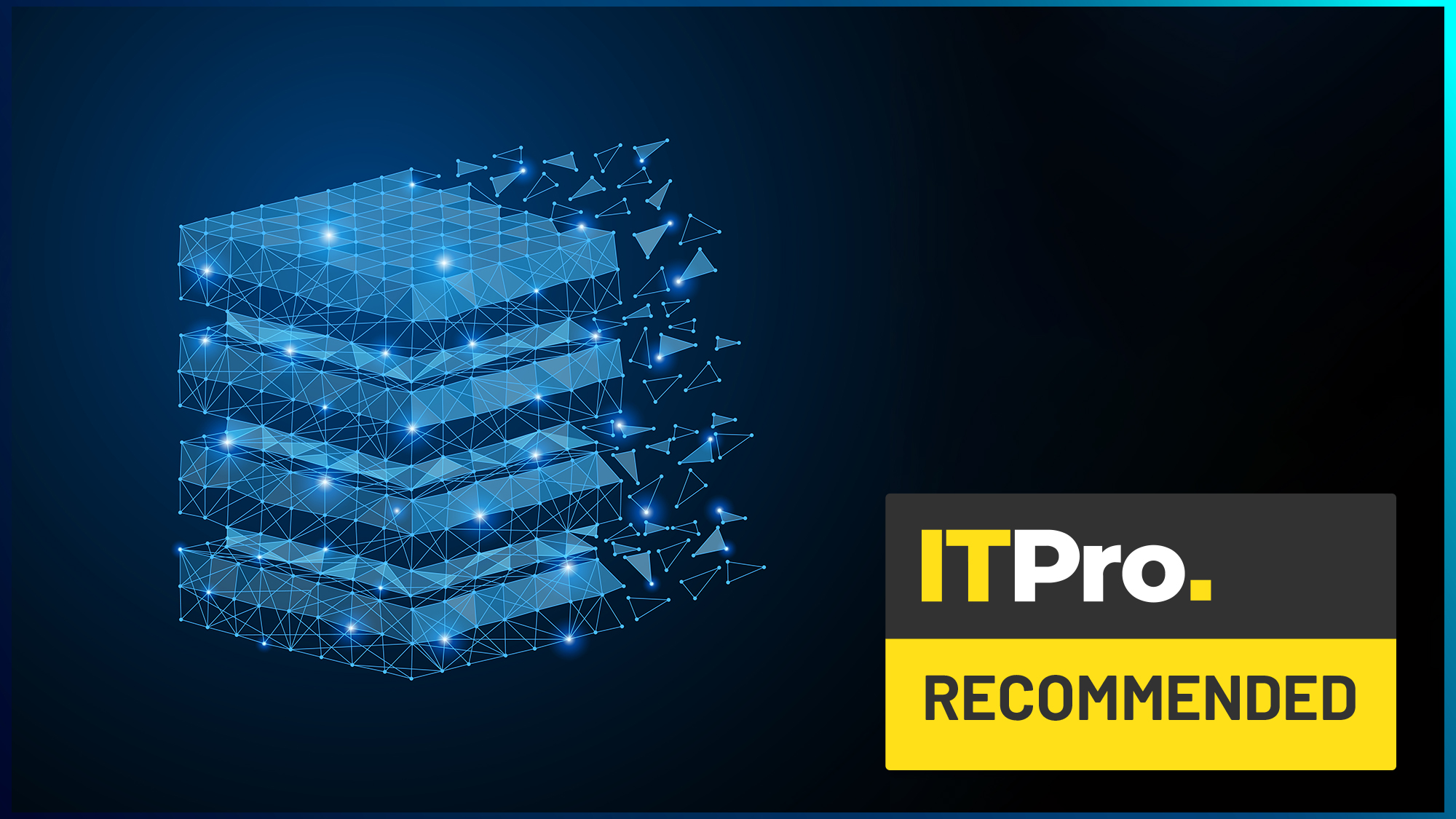 Best NAS drives: Which network storage appliance is right for you?
Best NAS drives: Which network storage appliance is right for you?Best The latest NAS appliances can bring a host of benefits to businesses, along with significantly reduced storage costs – we look at five of the best models on the market
-
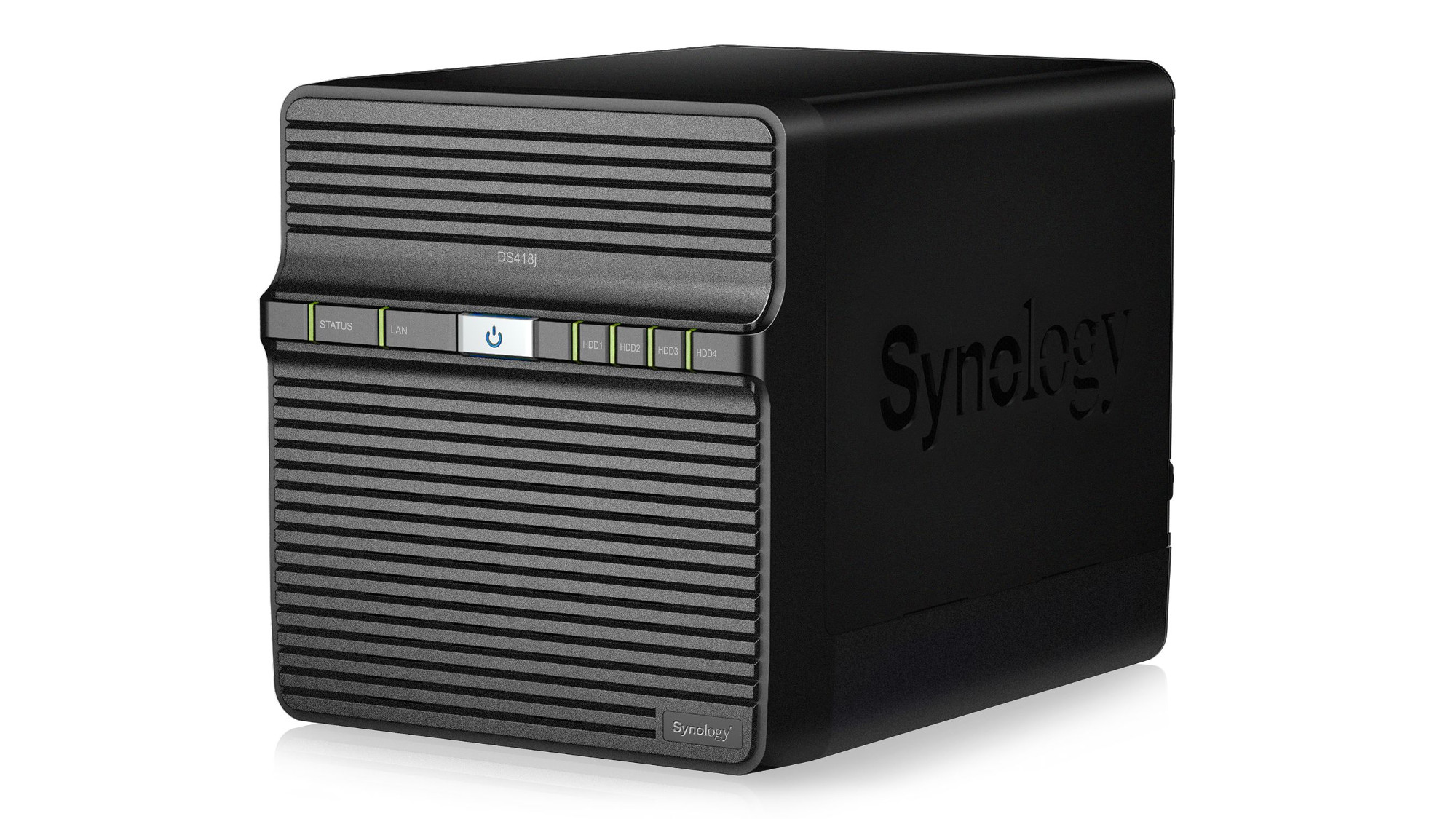
 Synology DiskStation DS418j review
Synology DiskStation DS418j reviewReviews Tonnes of expansion space, lots of expansion options and great performance make this a brilliant NAS
-
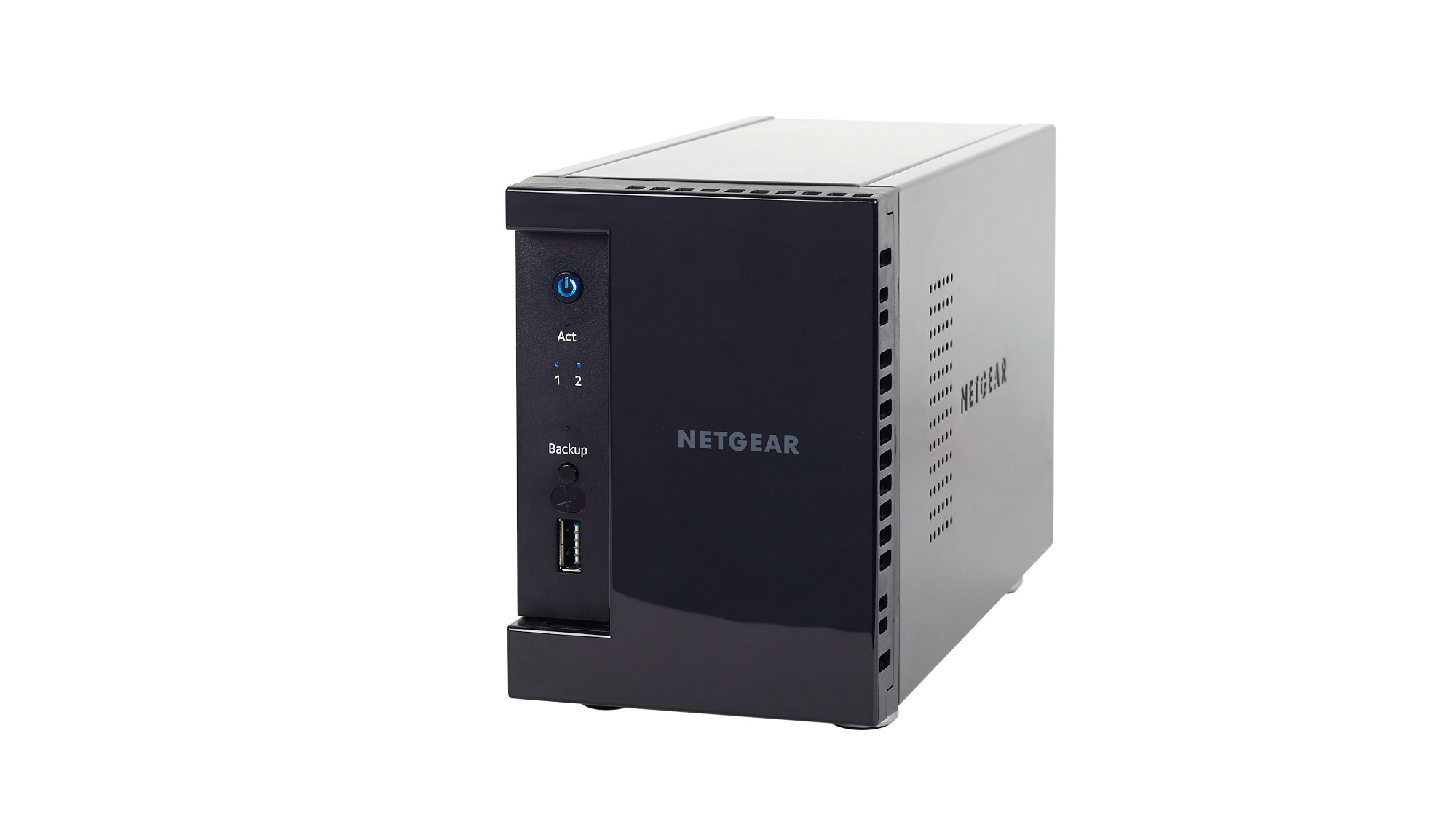 Netgear ReadyNAS 212 review
Netgear ReadyNAS 212 reviewReviews A very fast NAS, but the basic interface and high price slightly let it down
-
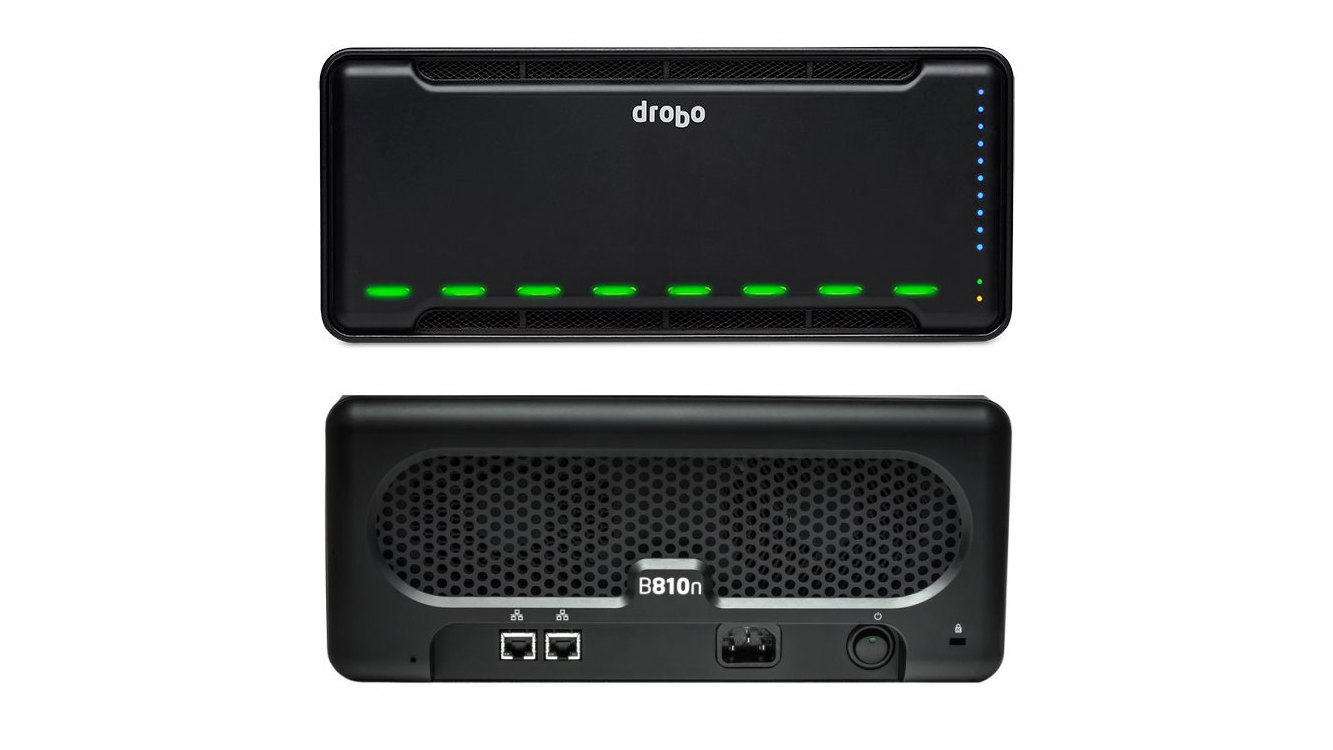 Drobo B810n review
Drobo B810n reviewReviews Drobo handles all RAID protection and recovery so you don’t have to
-
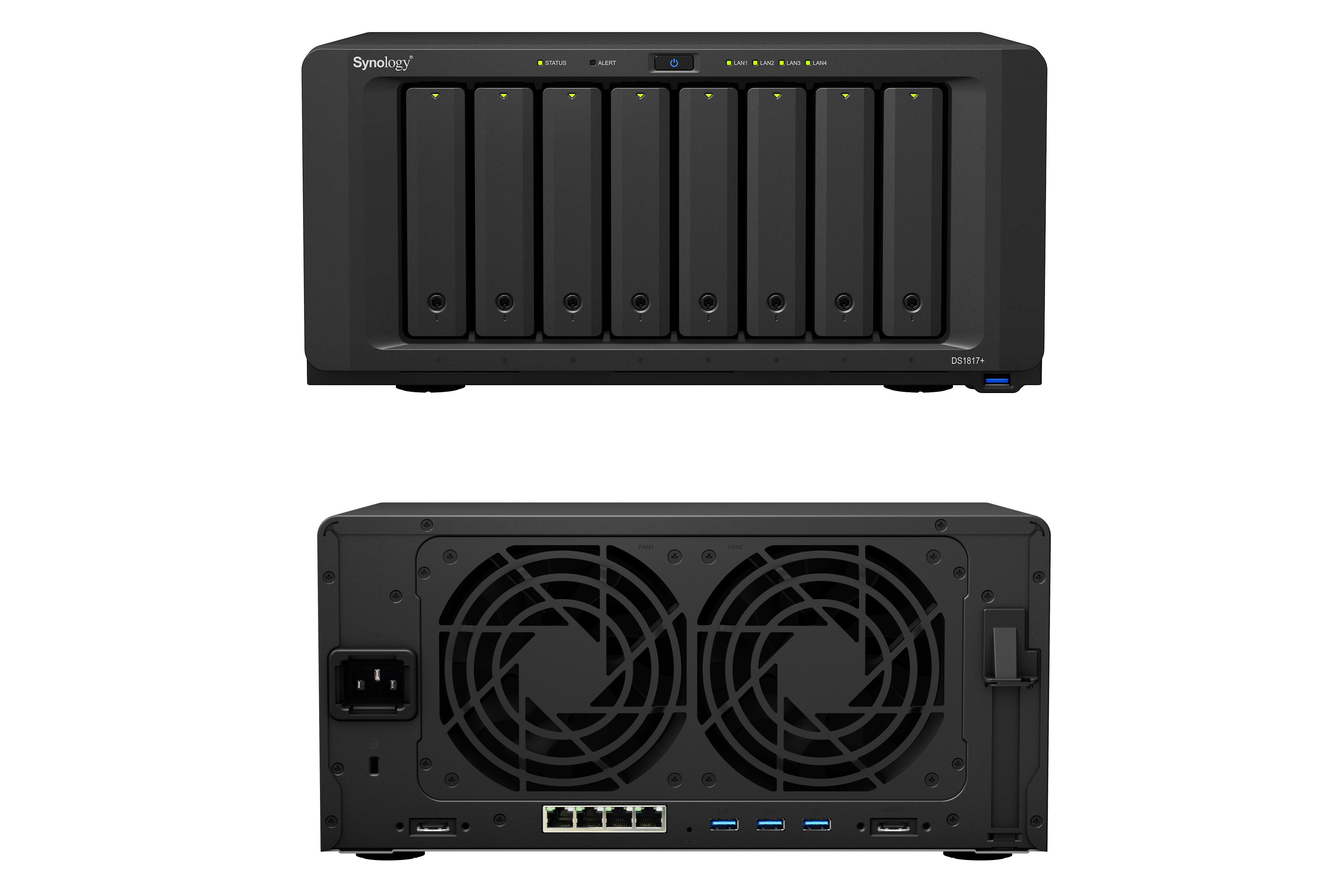 Synology DiskStation DS1817+ review
Synology DiskStation DS1817+ reviewReviews Synology’s refreshed 8-bay desktop appliance leaves something to be desired

